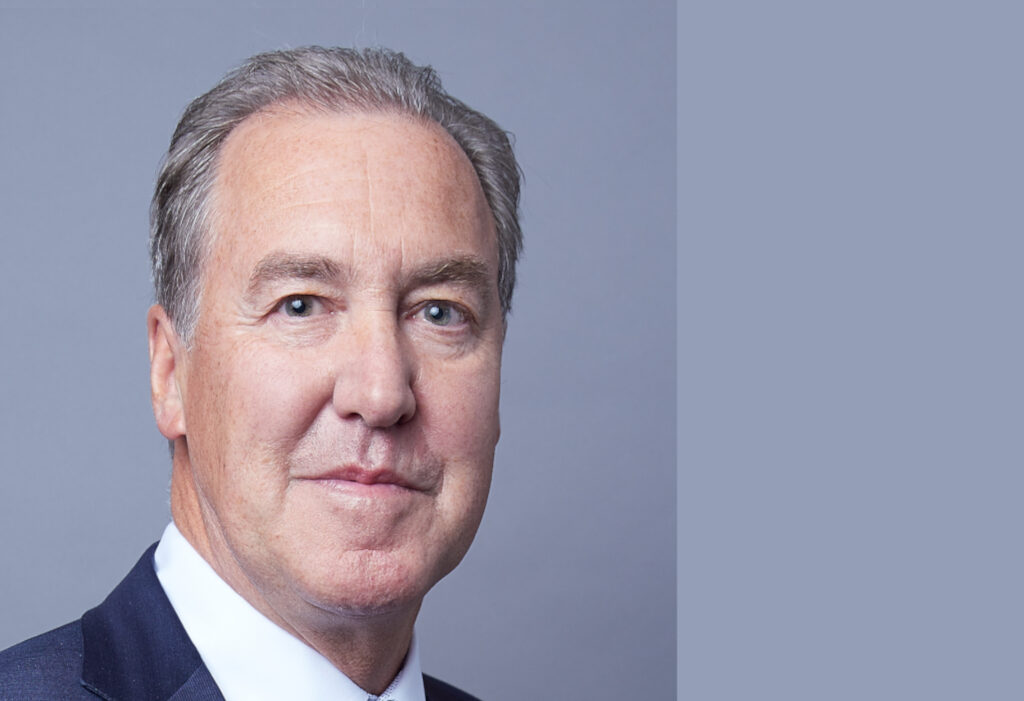Bank of England plans to scrap mortgage affordability rules have been described as “utter madness” by Nigel Green, the CEO of deVere Group, who says the move underscores how the central bank is “failing Britain.”
The damning analysis from the head of deVere Group, one of the world’s largest independent advisors of specialist global financial solutions, comes as the BoE announced lenders will no longer have to verify whether homeowners can afford mortgage payments at higher interest rates.
Green adds: “This move by the Bank of England is bizarre, to say the least.
“The current affordability checks include a stress test to cover rising interest rates in order to avoid another 2007-style credit crunch.
“To scrap this important check to try and ensure borrowers don’t take on more debt than they could afford, at a time when rates are rising and the UK is facing a significant economic downturn, is utter madness.
“Some might argue that the risks are pretty low, given the loan-to-income rules would remain intact, but they are risks nonetheless that borrowers and the UK economy can do without.”
The central bank’s Financial Policy Committee said it would withdraw the affordability test from 1 August, according to a statement on Monday.
The rule, introduced in 2014, requires lenders to test prospective borrowers’ ability to repay their mortgages in the event that rates rise to a specified stress level.
The deVere CEO further observes: “To many, this move will underscore how the Bank of England is floundering in its duty of care and therefore failing Britain in these uncertain times.
“Its response to fighting red-hot inflation, which is at its fastest rate in four decades, has been slow off the mark, hitting households and businesses hard.
“It has failed to mention how Brexit is a negative drag on the supply side.
“And global investors are now being warned to hedge against an ‘existential’ crisis with the pound by Wall Street analysts as the British currency faces issues usually only seen in emerging markets.
“The Bank of England appears to be becoming increasingly politicised.
“For me, and many others, this is raising red flags.”
Whilst sterling strengthened 0.2% in May, it remains the third-worst performing major currency this year. It has weakened 8% to US $1.2468 in 2022.




